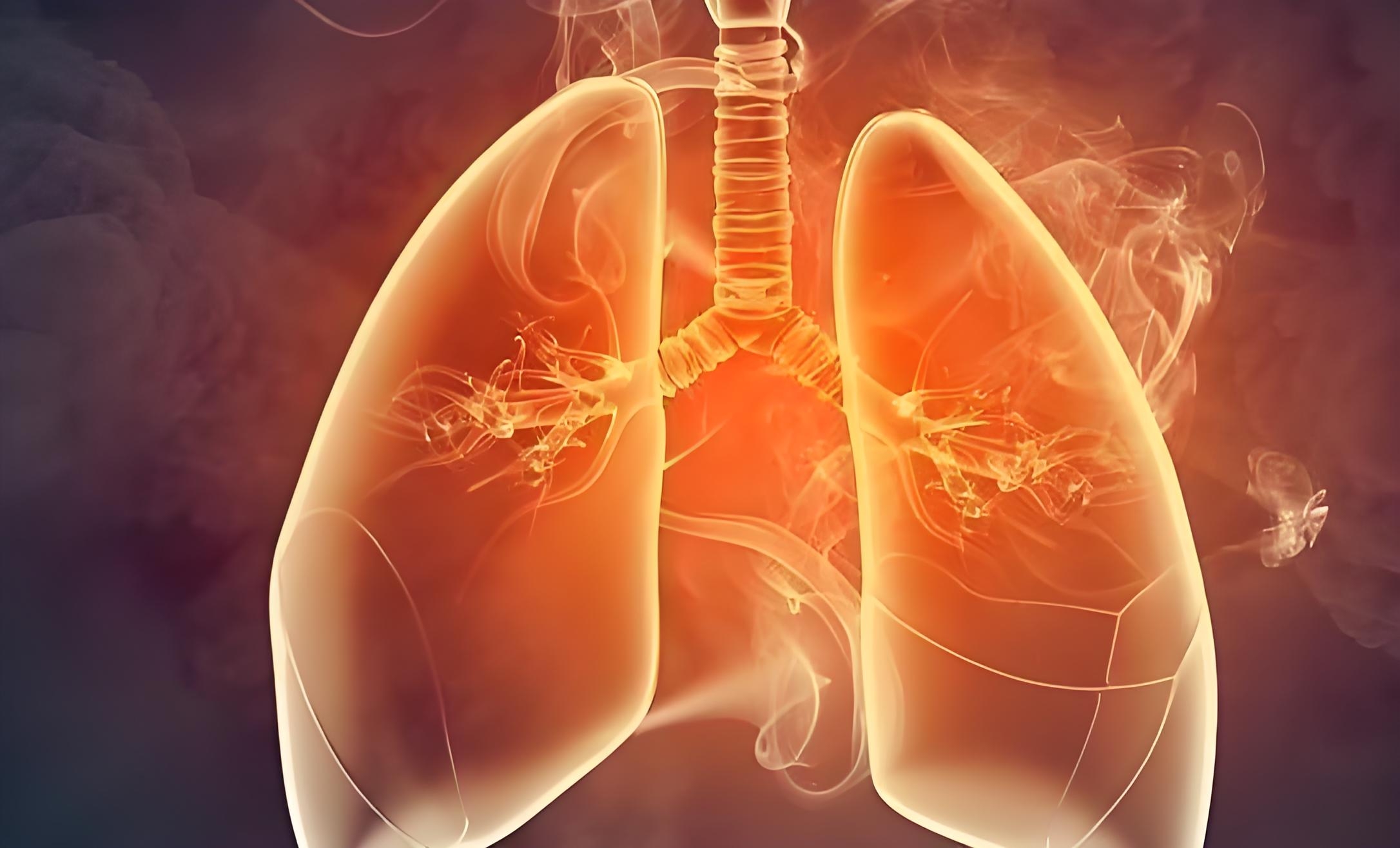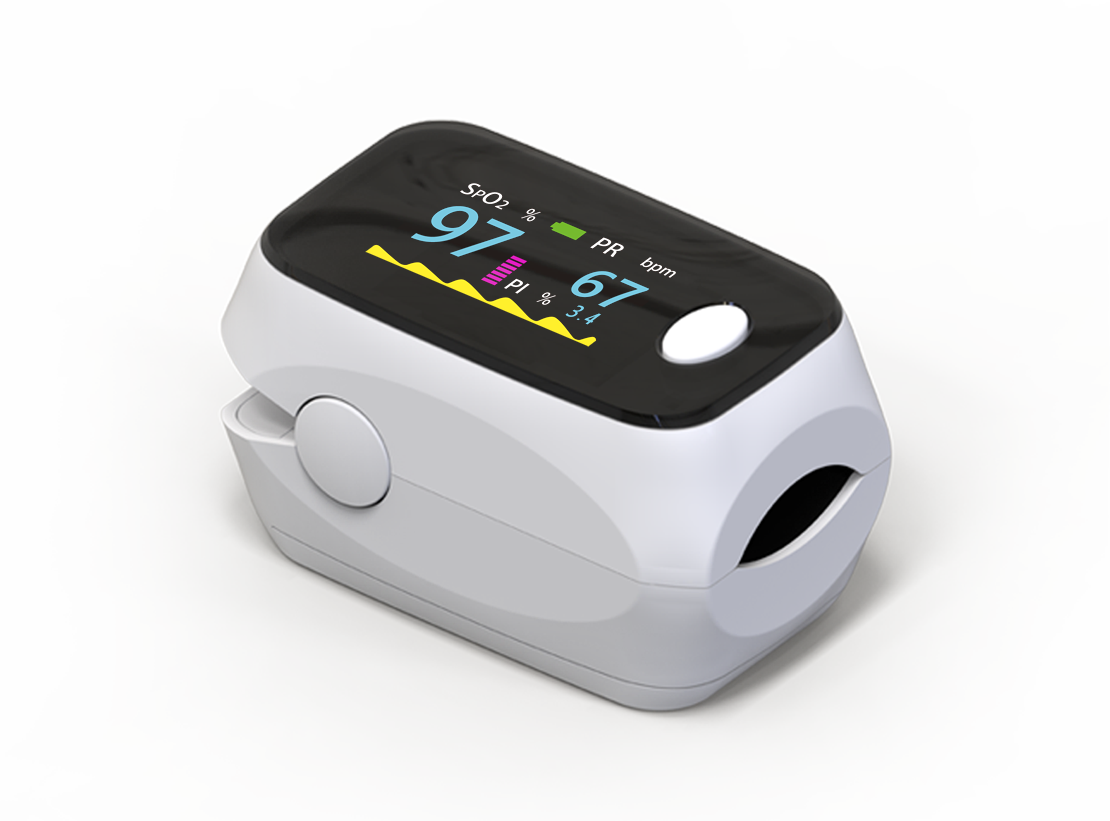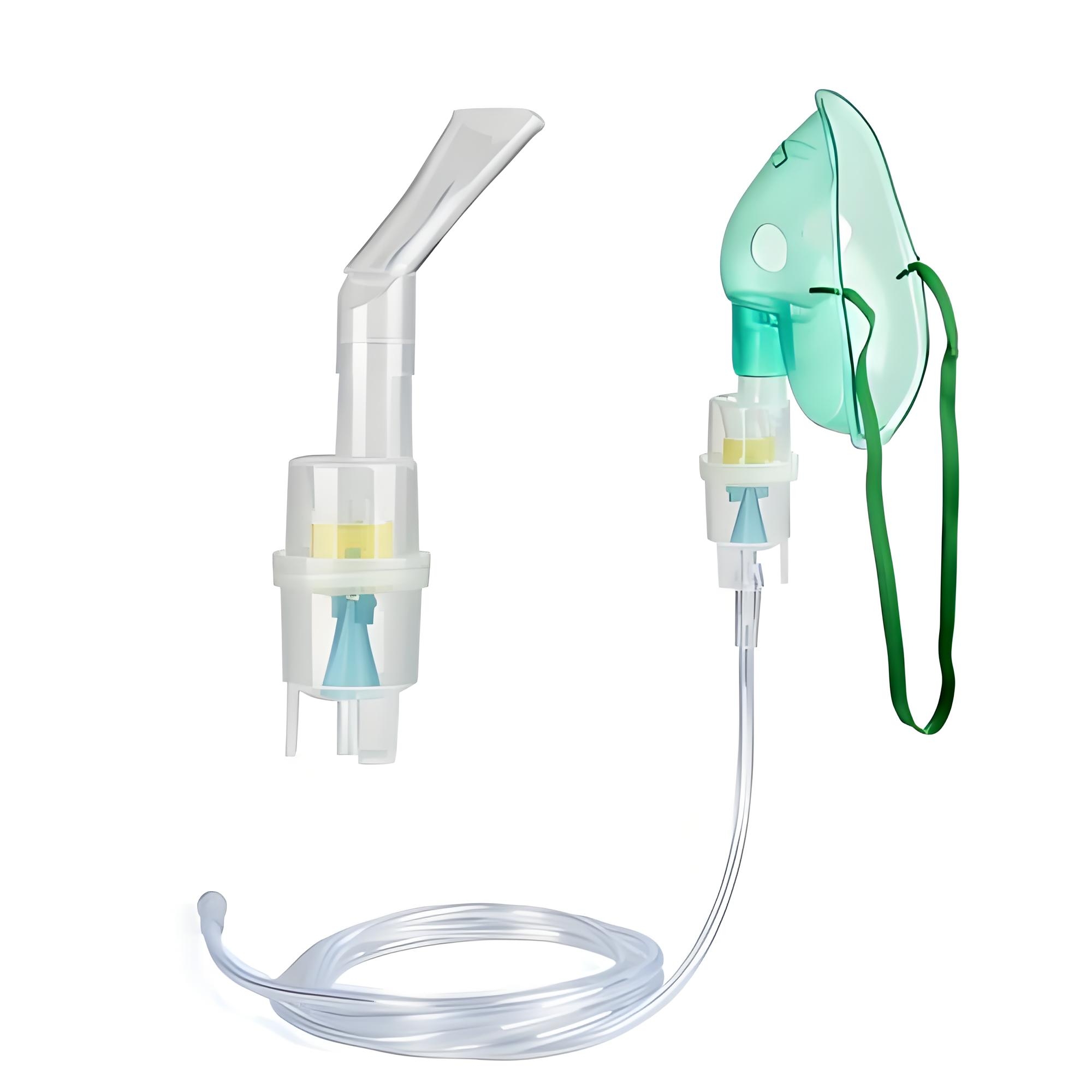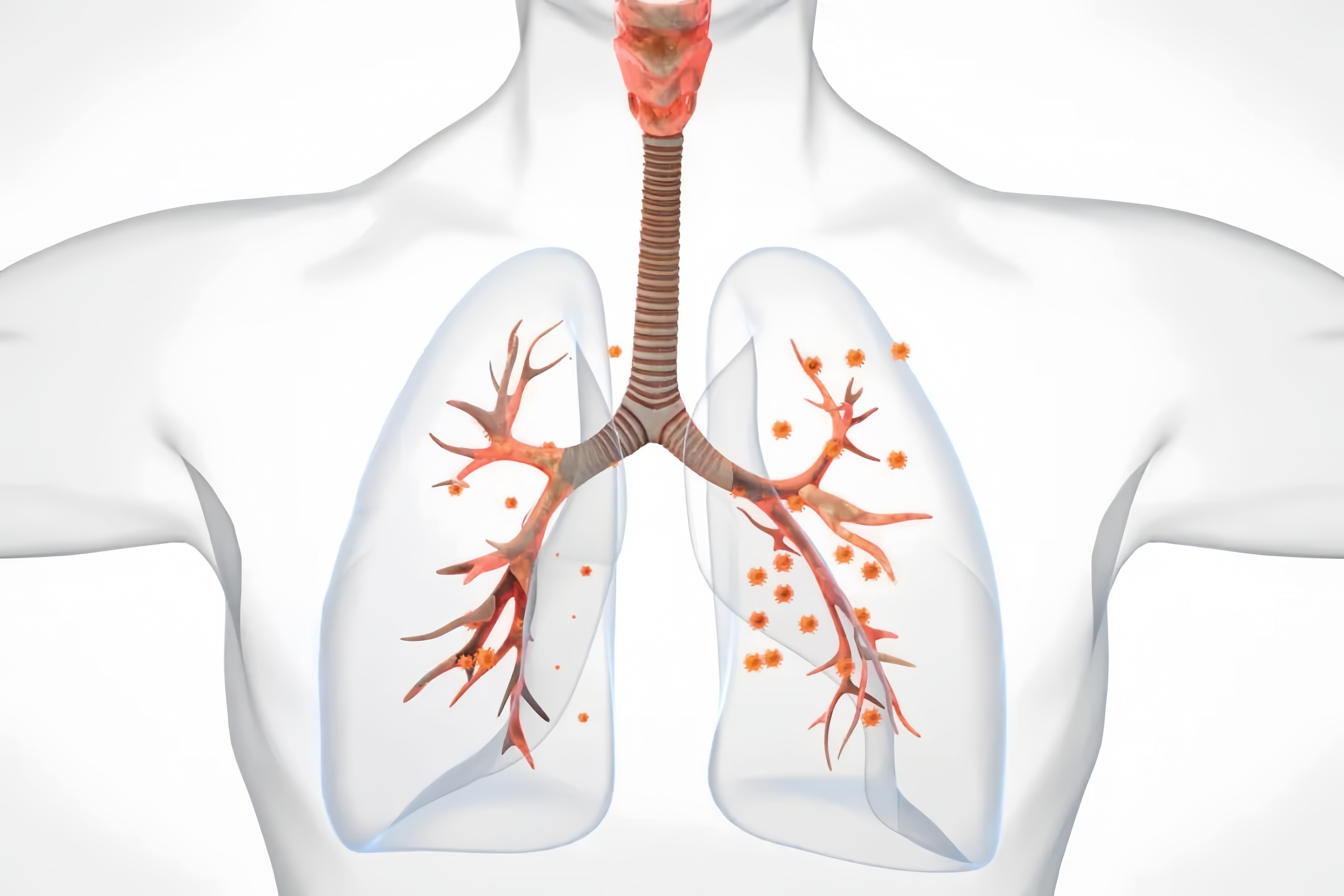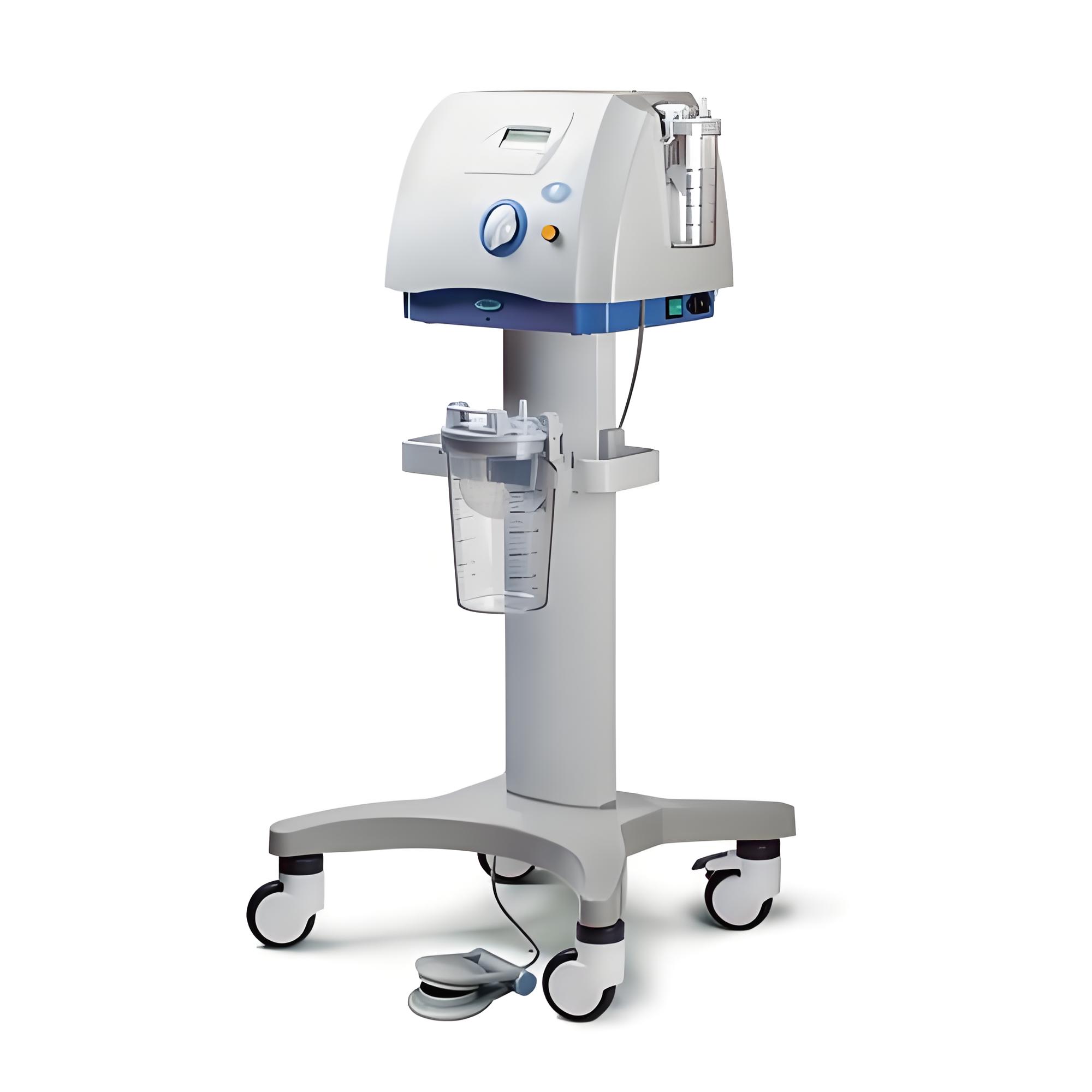Chronic obstructive pulmonary disease (COPD)
Chronic obstructive pulmonary disease (COPD)
What is COPD? What Are the Symptoms and Causes of COPD?
COPD, Chronic Obstructive Pulmonary Disease, is a respiratory disease caused by the obstruction of the air sacs (bronchi) in the airways and lungs with harmful gases and particles. COPD, the most prominent feature of which is shortness of breath, may show the following symptoms;
wheezing,
pain in the chest,
dense and discolored sputum,
phlegmy cough
fatigue
What are the Stages of COPD Disease?
The first stage of COPD, which has four stages, is the mild stage; In this stage, the patient gets tired more than normal in physical activities and may experience shortness of breath. In the middle stage, which is the second stage, he may experience shortness of breath in daily life. In the third stage, which is the severe stage, a shortness of breath that wakes you from sleep and difficulty in breathing may manifest itself. For this reason, the patient may experience fatigue in his daily life. In the very severe stage, which is the fourth stage, the patient has a lot of difficulty in breathing and may be sluggish even while doing his daily work. Some organs may also be damaged due to insufficient oxygen intake. At this stage, the patient may have problems in continuing his life without oxygen supplementation.
What should a COPD patient consume?
COPD patients should be fed high protein foods in their meals. Especially fatty fish are among the foods that should be consumed regularly for this process. Foods such as oats, lentils, barley and quinoa, which are legumes with high fiber value, should be included in the meals. Consumption of fresh fruits and vegetables, and consumption of green leafy vegetables with high potassium value will also be beneficial. In addition to these, since fluid consumption also affects the oxygen value in the blood and is of great importance in the functioning of organs, regular water consumption should be given importance by calculating the amount of water needed by the body. Small and frequent meals should be preferred during the day.
What should COPD patients not consume?
COPD patients should consume a minimum amount of carbohydrates in their meals. In addition, fatty, spicy foods, packaged and processed foods should be avoided. The amount of salt that the patient will take should be at a minimum level. Gas and bloating fruits, vegetables and legumes should not be consumed, instead other foods should be preferred. Consumption of sugary and starchy foods should be avoided. In addition, products that are harmful to the respiratory tract such as cigarettes and hookahs should be avoided. Weight control should be done, attention should be paid to the body fat ratio. Evening meals should not be left too late.
Nutritional Treatment of COPD Patients
Nutrition is of great importance in the treatment of COPD patients. The healing process supported by nutritional therapy progresses more healthily and faster. Nutritional therapy of COPD patients brings with it high protein foods and a diet-supported process. It includes the preparation of a program consisting of snacks and main meals depending on the regulation of body weight, the physical ability of the patient and the stages of COPD. Nutritional content should be varied in terms of protein, calcium, potassium and phosphorus.
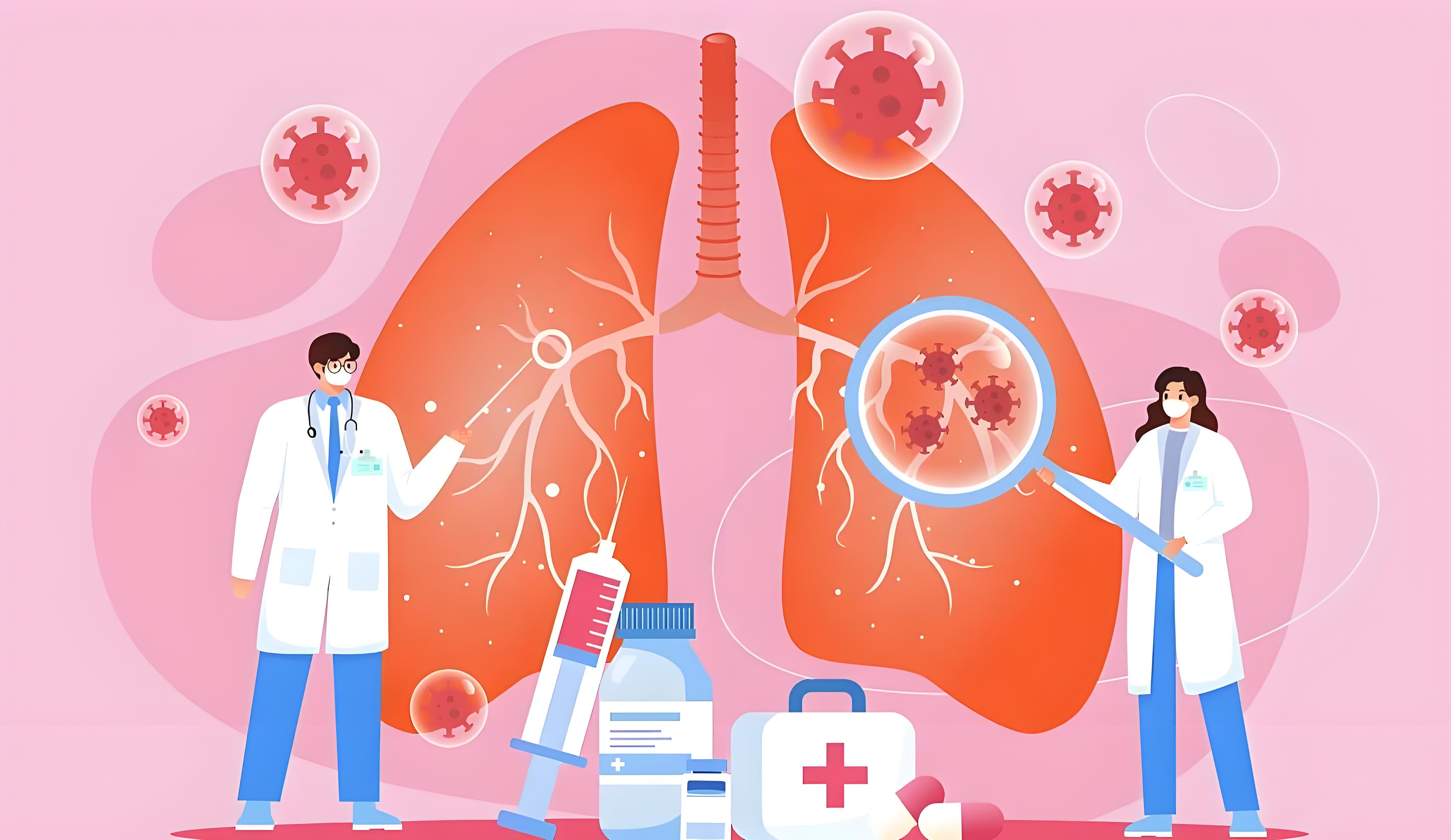

 English
English Spanish
Spanish Turkish
Turkish



